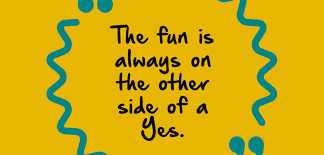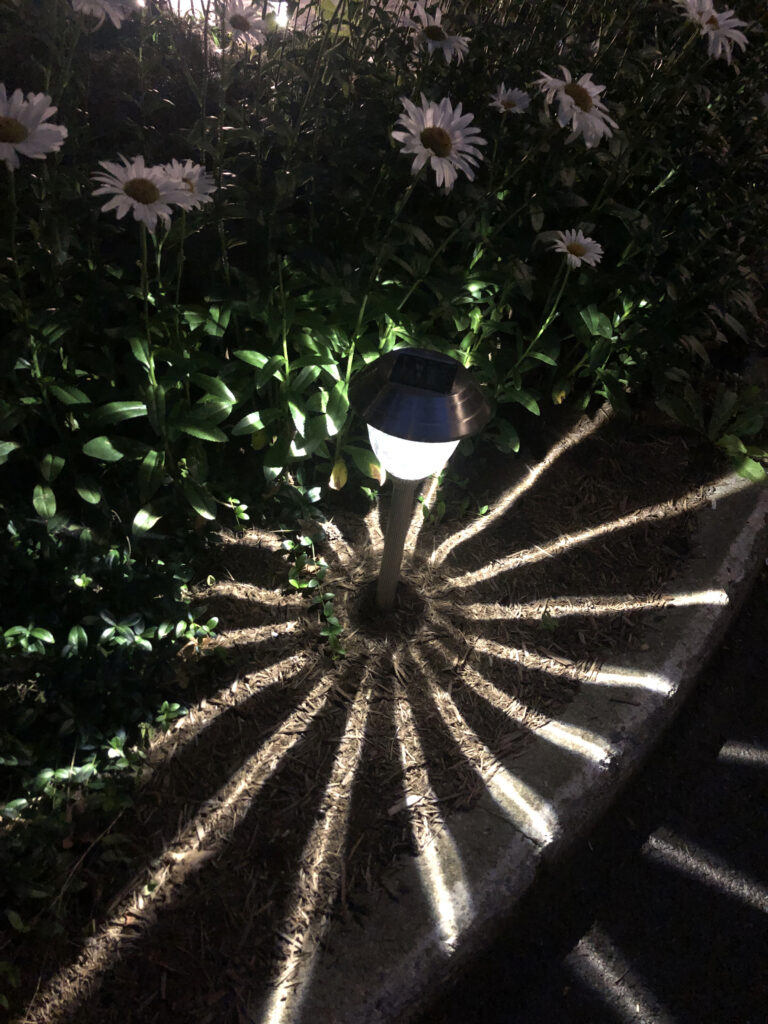
from Emily Provance, Friend in Residence
In the weekly Quaker House brown bag discussion, our speaker, Callid Keefe-Perry, talked about the similarities between Quaker worship and improvisational comedy theory. In one of those moments of perfect synchronicity, Callid’s internet connection dropped out repeatedly, leaving the rest of us to slide in and out of improvisational discussion. Callid offered an idea; he vanished from the Zoom connection; we took turns sharing our own related spiritual experiences. Callid reappeared to speak more, and off we went through the cycle again.
It was the perfect example of “yes, and,” which is a famous comedy improv principle: if your partner establishes a new idea in a scene, you don’t stop the scene, negate what’s been said, and argue over the circumstances. Instead, you affirm what’s already happened and then add to it, no matter what it might be, therefore building the scene and moving forward, rather than freezing.

The day after this discussion, a woman appeared at the door of Quaker House with tears in her eyes, and she told me how deeply the discussion had touched her. God made something beautiful from a potentially awkward situation, and we as a group embodied that by practicing “yes, and.”
This was a funny week, and maybe not in the way it was meant to be when Chautauqua’s leadership chose “comedy” as our theme. I expected a lot of laughter and heard relatively little. Even in settings where we all expected humor—lectures from comedians, a comedic improvisational play—our laughter was restrained or absent. At one event, there was so little audible response that I was certain the entire audience had been bored, but I later heard several people describe it as “excellent.” Are we just in some kind of shock, collectively? Has the state of the world made us slightly numb? Have we been so isolated that we’re now un-trained in communal laughter? The state of the world seems too serious for comedy, even though we know that humor’s a spiritual and social tool to build resilience and interpersonal connections.

I’ve been wondering what happens next. The threat of Covid-19’s not over, and we’re trying to live in a world of divided societies, racism, economic crises, and climate destruction. Can we face the coming months with “yes, and”? Can we ground ourselves faithfully and walk forward steadily, knowing who we are and who we’re called to be, so that rapidly changing circumstances don’t stop us in our tracks? Can we affirm that the world is how it is (not approve of it, just acknowledge it), and make the “yes, and” about how the Holy Spirit will call us to respond?

Chautauqua Institution is a place of dialogue. Planning how to “yes, and” through the fall and winter is a conversation I would love to have.
